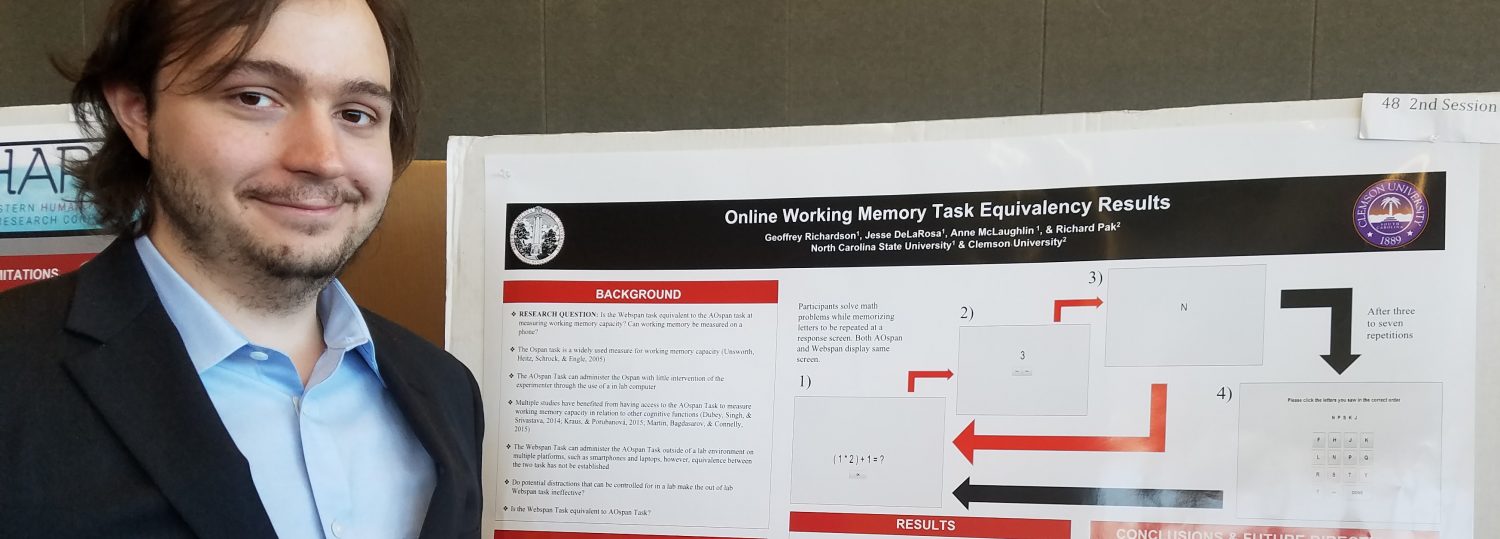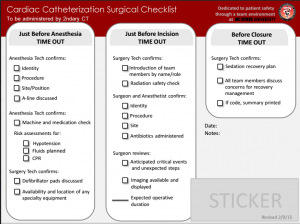
Research
Optimal Feedback for Learning
The question of how to deliver feedback has been studied for many years, but results often conflict with one another. For example, some research suggests that the more feedback you can provide to a learner, the faster and more thoroughly they can absorb information. However, other research demonstrates that too much feedback becomes a crutch for performance, and the person never really learns the material or task. Not only does the answer to this question have direct application to how we train our teachers in the school system, it applies just as well to online courses and learning how to use computer programs.
Even if we did understand how much feedback to give a school-age learner, it is likely the answer would differ for older adult learners. Our research addresses these topics simultaneously: it is an attempt to develop a theory of learning through feedback for learners of all ages.
The basic questions from this area pervade many of the lab’s more applied projects.
Motivation for Understanding Challenging Health Conditions
Why do we so often know what we should do, yet not do it? Why do some people seek out challenging activities and others do not? What kinds of complex hobbies are pursued by adults over age sixty? How can technology be designed to motivate as well as assist? These are just a few of the questions we seek to answer in this line of research. Further, what forms of information visualization most help to understand complex interactions of health related variables?
Supporting Health Decisions and Independence
Decision aids have long had a place in health care, however they have tended to be made for highly trained health care workers or for one-time decisions, such as a form of medication to prescribe. The questions addressed in the lab focus on what information to present that will both help a current decision, but also teach the user to understand the problem well enough to eventually make decisions without the aid present.
Cognitive Training
The idea that mental exercise can improve cognitive ability into old age is currently popular. However, some studies find this effect and others do not. Exactly what type of “mental exercise” shows an effect and what types are just marketing and hype? We are working to identify whether active engagement and presence in a task or environment could be one type of exercise to improve cognition. This work is in collaboration with Dr. Maribeth Gandy Coleman, a Director of the Georgia Tech Interactive Media and Technology Center and Dr. Jason Allaire of the Cognitive Aging in Context Lab at NCSU. Together Drs. McLaughlin and Allaire co-Direct the Gains Through Gaming Lab at NC State where they are currently employing a custom game built to examine the effects of different game elements in variable priority training.
This work has been funded by the National Science Foundation and the National Institutes of Health.
Human Factors in Veterinary Medicine
The lab has conducted several projects in collaboration with the NC State College of Veterinary Medicine. The first, a task analysis of a cardiac cathetherization procedure, was used to generate a study of feedback for the development of a spatial, procedural skill that resulted in a prototype training program for radio-graph visual analysis. The second major project was the development and implementation of a cardiac surgical checklist.
